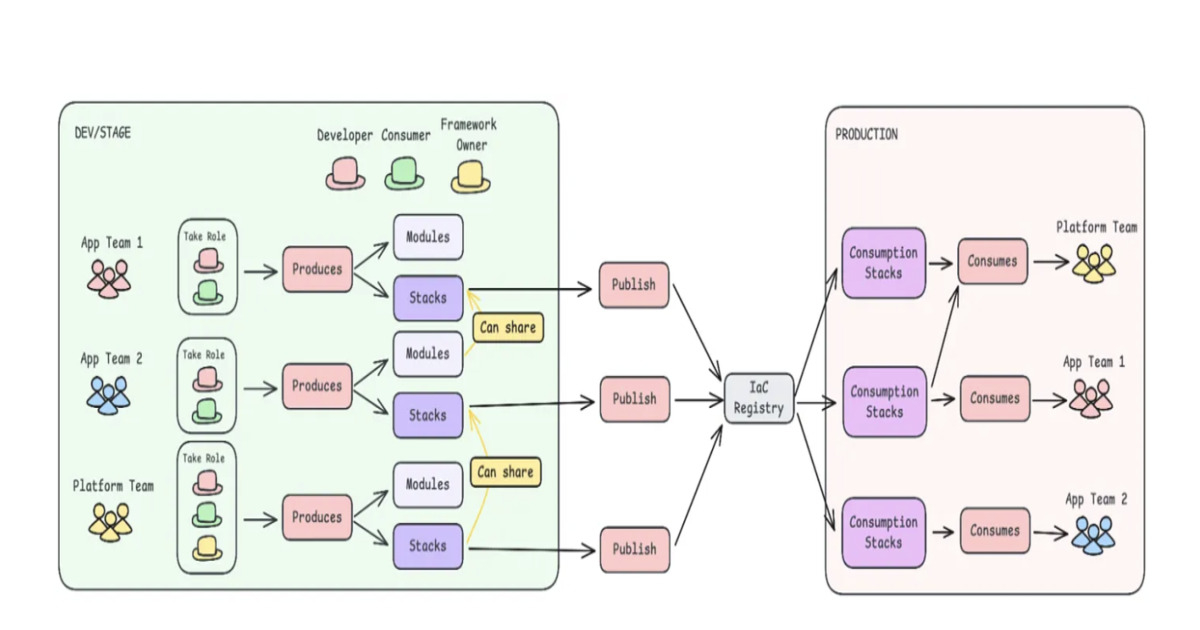Codetown
Codetown ::: a software developer's community
Public Safety Data Hackathon
Looking for something interesting to do this weekend? Well, if you're in South Florida, there's a hackathon Saturday that sounds like a great way to learn some new tools and use some interesting data.
It's billed as the Public Safety Data Hackathon & FLPD Open Data Open House. The folks suggest looking at data visualization tools like Infogr.Am and TimelineJS among others.
Here's the description from their website:
"The Fort Lauderdale Police Department is launching a portal featuring data on 911 Calls, Arrests, Incidents, Traffic Accidents, Traffic Citations and Employee Demographics. This hackathon and open data "open house" encourages journalists, software developers, students of public policy and community members to team up and create prototypes that utilize FLPD data for trend visualization, digital storytelling, web or mobile self-service apps. The top two proof-of-concept prototypes will receive modest rewards of a $100 Amazon Gift Card for 1st place, and a $75 Amazon Gift Card for 2nd place proposals.
The prototype presentations will commence at 5 pm. Working in teams is strongly encouraged, but individual prototypes will also be considered. Usage of open source platforms and tools will be commended. Journalists and reporters are invited to use FLPD data in conjunction with tools such as Infogr.Am, TimelineJS, Google Charts and other solutions which can interactively incorporate data. For questions and details, email Assia Alexandrova - aalexandrova@fortlauderdale.gov"
If you can't go, I bet the winning apps will be online somewhere.
Notes
Welcome to Codetown!
 Codetown is a social network. It's got blogs, forums, groups, personal pages and more! You might think of Codetown as a funky camper van with lots of compartments for your stuff and a great multimedia system, too! Best of all, Codetown has room for all of your friends.
Codetown is a social network. It's got blogs, forums, groups, personal pages and more! You might think of Codetown as a funky camper van with lots of compartments for your stuff and a great multimedia system, too! Best of all, Codetown has room for all of your friends.
Created by Michael Levin Dec 18, 2008 at 6:56pm. Last updated by Michael Levin May 4, 2018.
Looking for Jobs or Staff?
Check out the Codetown Jobs group.
InfoQ Reading List
From Central Control to Team Autonomy: Rethinking Infrastructure Delivery

Adidas engineers describe shifting from a centralized Infrastructure-as-Code model to a decentralized one. Five teams autonomously deployed over 81 new infrastructure stacks in two months, using layered IaC modules, automated pipelines, and shared frameworks. The redesign illustrates how to scale infrastructure delivery while maintaining governance at scale.
By Leela KumiliGoogle Publishes Scaling Principles for Agentic Architectures

Researchers from Google and MIT published a paper describing a predictive framework for scaling multi-agent systems. The framework shows that there is a tool-coordination trade-off and it can be used to select an optimal agentic architecture for a given task.
By Anthony AlfordGoogle Cloud Brings Full OpenTelemetry Support to Cloud Monitoring Metrics

Google Cloud recently unveiled broad support for the OpenTelemetry Protocol (OTLP) in Cloud Monitoring, marking a step toward unifying telemetry collection across its observability stack.
By Craig RisiAWS Launches Agent Plugins to Automate Cloud Deployment

AWS launched Agent Plugins for AWS, providing AI coding agents with specialized deployment skills. The initial deploy-on-aws plugin transforms workflows by accepting commands like "deploy to AWS" and generating complete pipelines with architecture recommendations, cost estimates, and infrastructure code. Supported in Claude Code and Cursor, AWS claims 10-minute deployments versus hours manually.
By Steef-Jan WiggersGoogle Enhances Node Pool Auto-Creation Speed for GKE Clusters

Google Cloud has optimised GKE's node pool auto-creation, significantly cutting "Time to Ready" for massive clusters. By improving control plane communication and request batching, GKE now provisions resources faster, rivalling tools like Karpenter. The update enhances scaling reliability and stability for high-volume AI and batch workloads, automatically rolling out across supported versions.
By Mark Silvester
© 2026 Created by Michael Levin.
Powered by
![]()
You need to be a member of Codetown to add comments!
Join Codetown